
After the post The ABC’s of Making Book Reviews Work Harder at Promoting Your Book, we received several questions about what exactly are “Editorial Book Reviews” and how do they differ from “reviews.”
You asked. We answer.
There several types of reviews and reviewers:
- peer reviews by peer reviewers (other authors)
- editorial reviews by professional reviewers in the publishing industry
- manuscript overviews – pre-publication editorial reviews
- consumer reviews by individual consumers (readers)
An author requires all four to make a professional impression on potential readers because each type of review has its own targeted audience and its own aim. And since there are many shades of gray (no pun intended), authors will benefit from having reviews from all four categories.
Editorial Reviews
Editorial reviews tend to focus on the technical aspects (grammar, formatting, spelling, consistency, punctuation, POV, etc.) of a work along with the writing craft of the author by an editing professional. Other publishing or media professionals use these assessments when evaluating for works purchasing decisions or for distribution purposes.
Chanticleer Editorial Reviews:
Here at Chanticleer Book Reviews, our reviews combine an editorial assessment of a work: plot, structure, dialogue, characters, story development, along with grammar and punctuation with the readability of a work. The assessment is written by a professional editor after reading and evaluating the particular work.
Our review team is comprised of experienced editors selected for their expertise in specific genres and blended genres. It is extremely important that the person reviewing the work understands the genre of the work and what the readers of that particular genre are looking for in a “good read.” Thriller fans will be bored with cozy mysteries. Cozy mystery fans will be annoyed with the rapid fire of situations found in thrillers. Romance readers typically don’t enjoy the angst of many literary works that are known for not having “satisfactory or happy” endings. Some works overlap and blend genres which would go against the grain of some genre purists. Even though a professional editor can see merit or if there are problems in a work out of their expertise, we try to select the very best fit between a work and the reviewer.
Chanticleer Book Reviewers uphold the time-honored publishing traditions that readers have come to appreciate and expect from published works while maintaining an open-mindedness for emergent ideas, talent and creativity in the field of literature, media and publishing.
Manuscript Overviews
Editorial Reviews may also be manuscript overviews. Manuscript overviews are to help the author evaluate his work on a broad spectrum on the following issues before getting a line by line edit.
Manuscript Overviews editors look for:
- consistency in story
- POV
- grammatical errors
- style sheet issues
- character development
- dialogue issues
- plotting, plot holes
- pace of story
- theme consistency
- does the work need tightening or is it too staccato
I always like to ask the manuscript reviewers, “Does the work have a ‘beat to it?’ Does the story move along? Are the characters memorable?”
A manuscript overview can answer these questions in an objective and unbiased manner. The goal is to help the author work out issues before she has it line edited and proofed for publication.
On another note, a work can be technically correct, but a horridly boring read. We know, we’ve read them! Then there are works that are compelling to read even if they are bungled with grammatical and writing craft errors. The decisive point is that while an editor can correct errors in grammar, punctuation, POV, etc., they cannot “correct” a boring story. Creativity and Content are King and Queen. However, lack of editing or just bad editing can cause the reader to “stumble” over the text and put it down in favor of trying another read, another author. An intriguing storyline can benefit from a developmental editor – the most difficult level of editing. Most works can benefit enormously from a correct dose of developmental editing.
Remember: The editor sees what the author cannot. The story lives in the author’s mind. The editor sees the gaps between the author’s mind and the words on the page. It is almost impossible to “see” your own gaps because your mind automatically fills them in.
Peer Reviews by Peer Reviewers
For most fiction authors, this would be a review by another author who writes in the same genre. The most beneficial type of Peer Review would be an “endorsement” from an author in the next tier of sales above you—an author who can validate that your work is worthy of his/her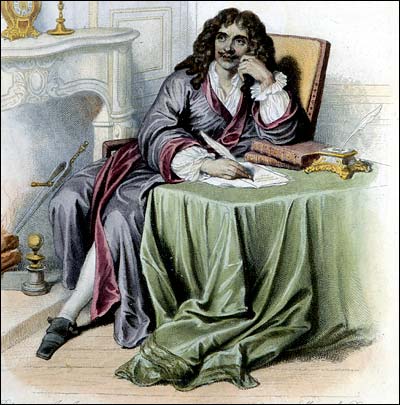 endorsement. This type of review generally bespeaks, “If you like my novels, you will like this author’s work. Give this book a try.” The author making the “endorsement” is putting her reputation on the line for you. Request author endorsements judiciously and respect the author’s right to pass on the opportunity.
endorsement. This type of review generally bespeaks, “If you like my novels, you will like this author’s work. Give this book a try.” The author making the “endorsement” is putting her reputation on the line for you. Request author endorsements judiciously and respect the author’s right to pass on the opportunity.
Consumer Reviews by Individual Consumers
Translation: Readers are Consumers! Authors create content. Readers consume content. Thank goodness!
The reviews posted on Amazon, or on Goodreads, or on websites are precious! These reviews are from individual readers who (hopefully) enjoy reading your works. Readers, on the whole, write very few reviews for many reasons: too busy, not really knowing the specifics of why they like the work, not having the background (read vocabulary) to discuss the work, or it is just too much trouble.
Authors need to make it easy as possible for readers to recommend their books by:
- creating links
- making use of editorial (read: professional) reviews that will give recreational readers the vocabulary from which to discuss and share their thoughts about their works
- thanking the busy reader for any feedback, LIKEs, +1’s etc.
- Post, comment, LIKE, and +1 on the reviewer’s social media posts and blog-posts.
Consumer Reviews are instrumental in creating BUZZ! You, the author, should endeavor to do anything that will make it easier for your readers to spread the word about your work.
Visit examples of how to use the different types of reviews on your author platform’s website.
Great sites to emulate are: Michael Hurley’s website and Alan Brenham’s website.
You will notice that they list peer reviewers (other authors), professional editorial reviews (Kirkus, Chanticleer, Foreword), and readers’ reviews together making it easy to scan for the preferred reviewer(s).
Please look for the next article from Chanticleer Book Reviews on Mastering Book Discovery Tools and Methods.




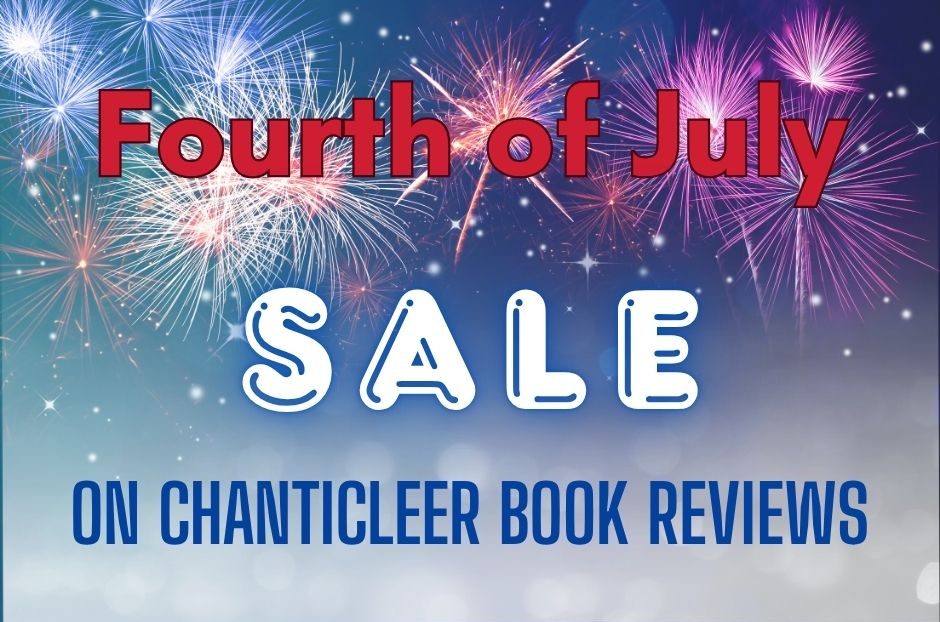
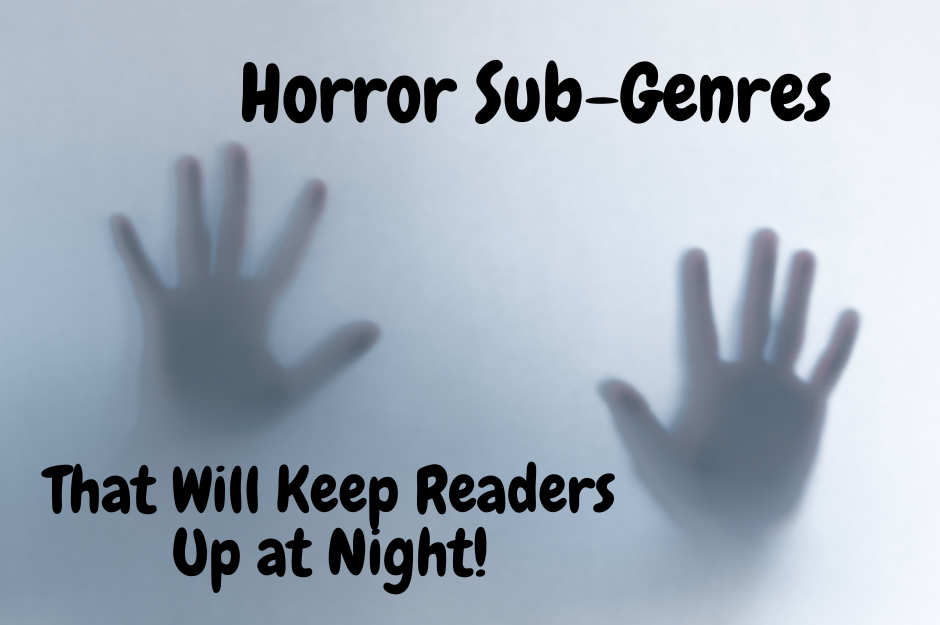
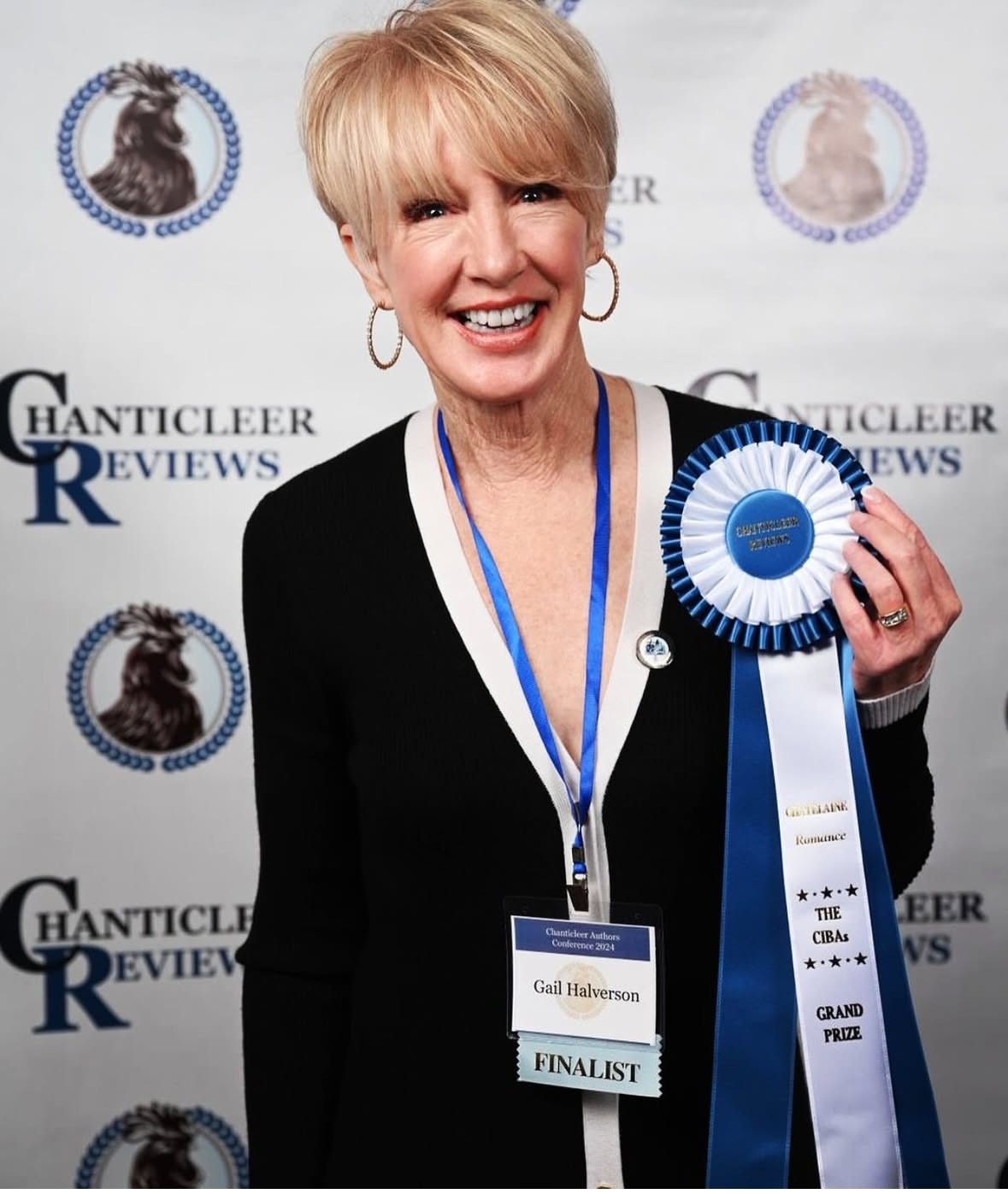

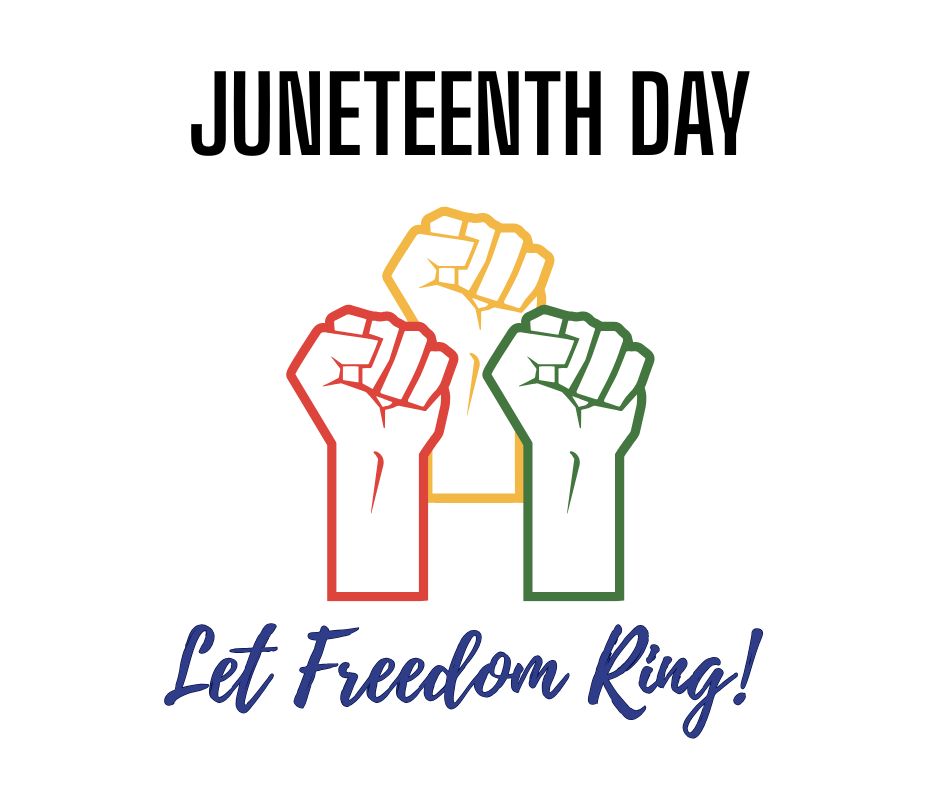
[…] kbrown On November 11, 2014 · Add Comment · In blog, Marketing, […]
[…] Editorial/Trade Review blurbs (a handy link to what exactly an Editorial Review is: https://www.chantireviews.com/2014/11/11/what-is-an-editorial-review-and-how-is-it-different-from-a… […]
I always found it difficult to understand what is the difference between them, thank you so much 🙂
Nice article about book reviews
Great column: ) This post raises a lot of items we need to keep in mind when writing a book review. Book critique writing has always been challenging, because good book critiques are not easy to write.
[…] What an editorial review actually is and how different it is from a customer review […]